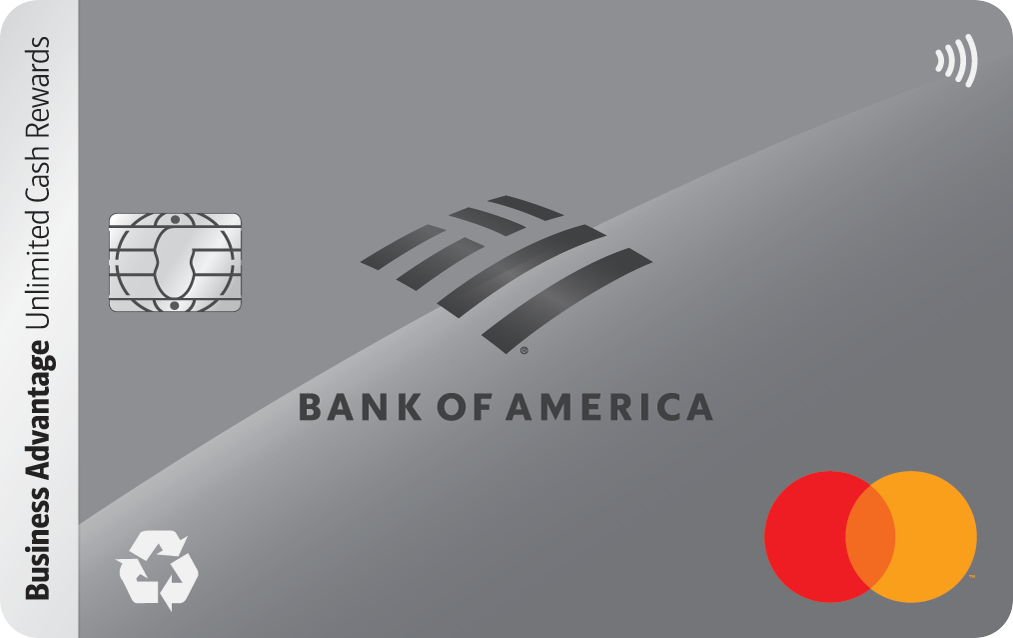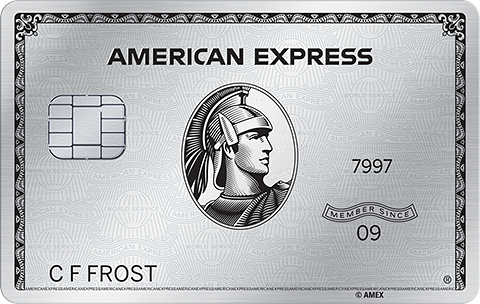Are You Upper, Middle, or Lower Class? Here's the Income Cutoff

Image source: Getty Images
Ever wondered where your income actually ranks?
Not in a judgmental way -- just out of curiosity. Like, "Where do I land in the grand scheme of things?"
The U.S. Census sorts every household in America into five main income groups, or "quintiles." It's a super simple way to see whether your household income puts you in the upper, middle, or lower class -- at least statistically.
Here's the income cutoff for each class
According to Motley Fool Money research, the median household income in the U.S. is $83,730. That lands right in the middle class -- but there's a full range above and below that number.
Here's how household income is split across the five quintiles, based on the latest Census data:
| Class | Income Range |
|---|---|
| Upper class (top 20%) | $153,001 or more |
| Upper middle class | $94,000 to $153,000 |
| Middle class | $58,021 to $94,000 |
| Lower middle class | $30,001 to $58,020 |
| Lower class (bottom 20%) | $30,000 or less |
There's a lot of variation within each group. The top 5% of earners, for example, bring in $295,000 or more per year. That's nearly 10x what someone in the lowest quintile earns annually.
It's also worth remembering that location changes everything. Earning $94K in a major city like New York or San Francisco may feel far from upper-middle class. But in many smaller towns, it can go a long way.
Your income matters, but it's not everything
Income by itself isn't the full picture of someone's financial situation.
I've met people making six figures who are constantly stressed about money. And I've met others making $50K who travel, save, and feel totally in control of their money
If you're wondering how you're doing financially, these are good signs (no matter your income):
- You spend less than you earn. That gap between income and expenses is where your wealth gets built.
- You invest regularly. Whether it's through a 401(k), IRA, or a simple brokerage account, consistent investing adds up and compounds.
- You have an emergency fund. Even a few thousand dollars set aside can give you peace of mind and flexibility.
- You've got a healthy balance of saving and spending. The real sweet spot is both saving for the future and enjoying life today.
If you're looking to do more with your money, opening a simple brokerage account is a great next step. Check out our list of the best investing accounts for beginners.
Progress over comparison
It's easy to look around and feel like you're falling behind. Especially when social media is full of income wins, lifestyle upgrades, and seven-figure success stories.
But your financial progress isn't measured by someone else's numbers.
The goal isn't to hit some magic income number. It's to build a life that feels stable, flexible, and aligned with your values, whatever your income happens to be.
So whether you're making $40K, $80K, or $200K a year… stay focused on your goals. You're allowed to grow at your own pace, and you're allowed to feel proud of the progress you're making. Keep climbing.
Our Research Expert


